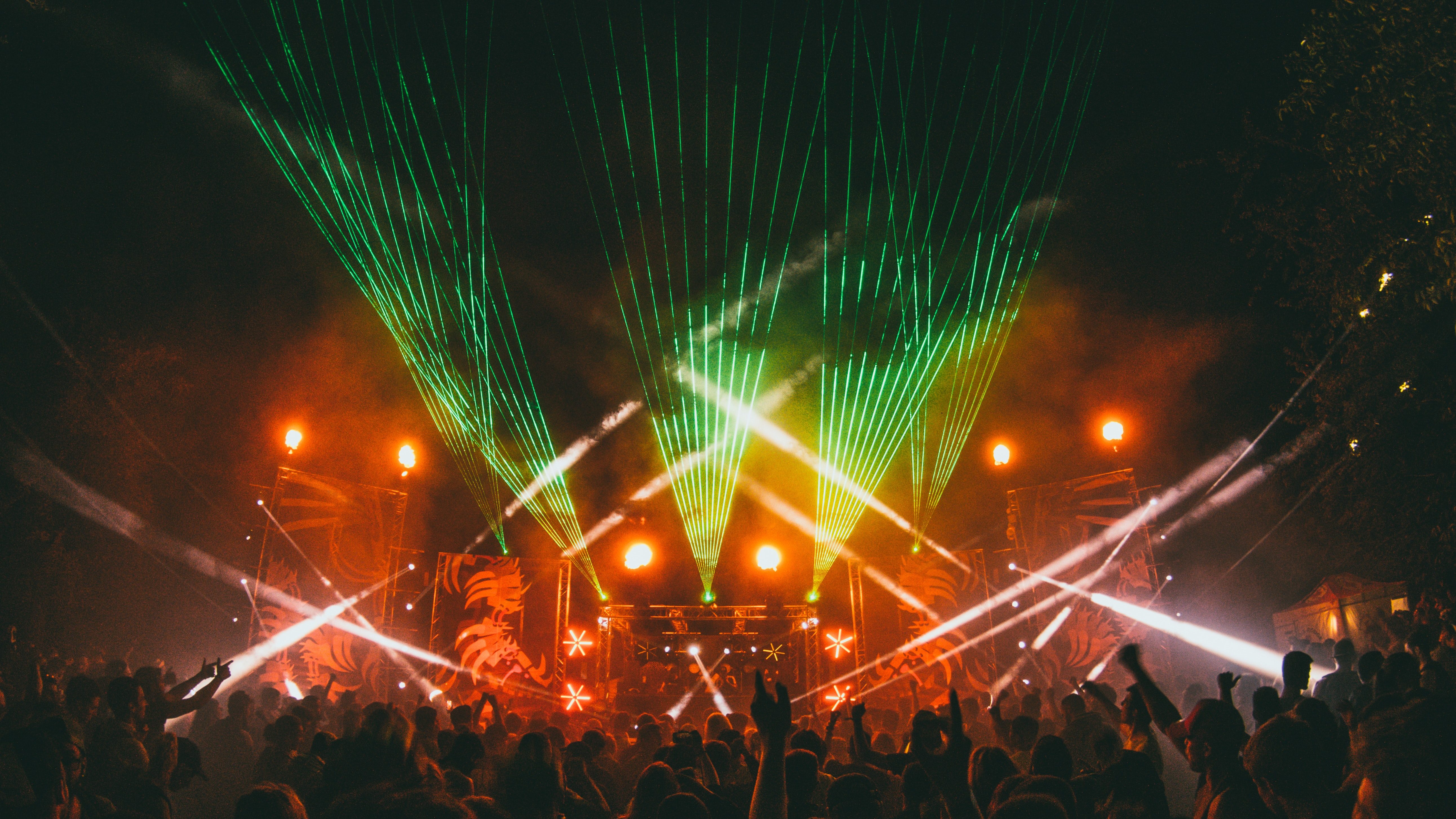Being in charge of shaping the atmosphere for the night comes with great responsibility. Getting in the zone and setting the vibe for your audience is key to any DJ performing. Being prepared to handle any situation that arises during your set with ease and efficiency is of utmost importance. Here are a bunch of tips to help you prepare for just that and nail it!
1. Knowing your slot and what is required of you
If you are booked as the opener for a gig.
Being an opening Act comes with a whole bunch of challenges. You have to keep the audience engaged right before the main act in a manner that is suitable for the event, time of your slot, and artist coming after you.
Do not over complicate your set by overdoing it with the effects as you could be playing to a small or no audience, rather focus on Seamlessly mixing your music by playing the right tracks and pleasing the crowd. Learning how to bring down the energy levels is key. Everyone wants to be a headliner and your time will come.
If you are booked for the closing set.
Then, you’ve been trusted by the Club or Promoter to keep energy levels at an all-time high so that people will stay around This too is a huge responsibility as too many dips in energy during your set may be enough to have people leave, and no venue would want that. Learn to read the crowd and keep them engaged and own that stage.

2. What the crowd expects to hear and what music to play
This can vary from venue to venue and reading the dance floor and Knowing your audience are few of the most important skills a Dj should have. If you happen to know the people attending your gig then you should be able to go through the night with ease as you would know genres and tracks they like.
But, if you are playing to a new crowd, then this can come as a challenge. In this case, you might have to play as many crowd-pleasers to reading them on the dance floor. This is where your skill in reading the crowd comes into place.

3. Create custom playlists
You may have planned out that one perfect playlist all set up and ready to go for your given time-slot. But things can change last moment and you may find yourself in a situation where your playlist really isn’t’ appropriate. The set you had planned to play at 2am may not sound so great if you suddenly get moved to the 11pm slot. Or, on a certain occasion, you might have to cut short your standard 90-minute set that you prepared for. In this case, you don’t want to cram all your tracks in your shortened set.
More often than once you could be told by the promoter or the venue to play a longer set or maybe even the closing set. Having enough music and creating multiple playlists can get you out of this tough situation. So, always prepare more than one set, and know all the tracks in your playlist by heart.

4. Sort your music into folders for quick access
Firstly, pick your genre. If you are an open format Dj then your playlist will have more than one genre. You don’t want to be in a position where you are scrolling through the playlist back and forth trying to find that next song. Always choose more tracks than you need and group them into similar groups or genres making it easily accessible. Sorting your music into folders by Key, bpm, and energy will give you that confidence to handle any given situation.

5. Know your gear
Take a keen interest in being a geek to understand your Dj gear. Take some time out and read the manuals, by doing this you can come across something new or a feature you didn’t know about. Be curious about different types of set-ups as different venues have different gear. This knowledge will set you apart and bring about confidence when you are deejaying at your gig. Learning how to set-up different types of DJ systems automatically gives you an advantage. Having a good understanding of the cables, electrical points, how things work, what plugs where, PA systems, mixers, lights, different types of DJ systems, and troubleshooting is very important.

6. Always have a backup
Never completely rely on one source for your music because you never know when your tech can fail. Make sure you backup your music by having an identical copy of it on your hard drive.
USB powered external drives are best for a DJ’s working environment. They require no extra power source and can just be plugged straight in. I recommend buying ruggedized drives too that have plenty of protection.or simply back it up in the clouds.
If you’re using multiple DJ hardware devices like a controller, a mixer, decks, midi devices, etc then you’ll no doubt have a USB hub to connect them all to your laptop. Carrying an extra set of cables like a pair or RCA or digital and ethernet cables can come in handy if any situation arises.
Do you have any tips for DJ’s that we haven’t covered? Let us know in the comments below.
Follow Beatworx Studio
Facebook | Instagram | Website | YouTube
For more information on our DJ & Music Producer courses head over to our website, or you can also check out our YouTube or Instagram for a bunch of free content.

I have been in the entertainment business for more than a decade. From playing in clubs to managing them and from being a part of competitions to judging them, I’ve come a long way in being on both sides of the industry. A headstrong personality to deal with and a perfectionist. I monitor DJ student progress, help them find placements, and brand building activities.

